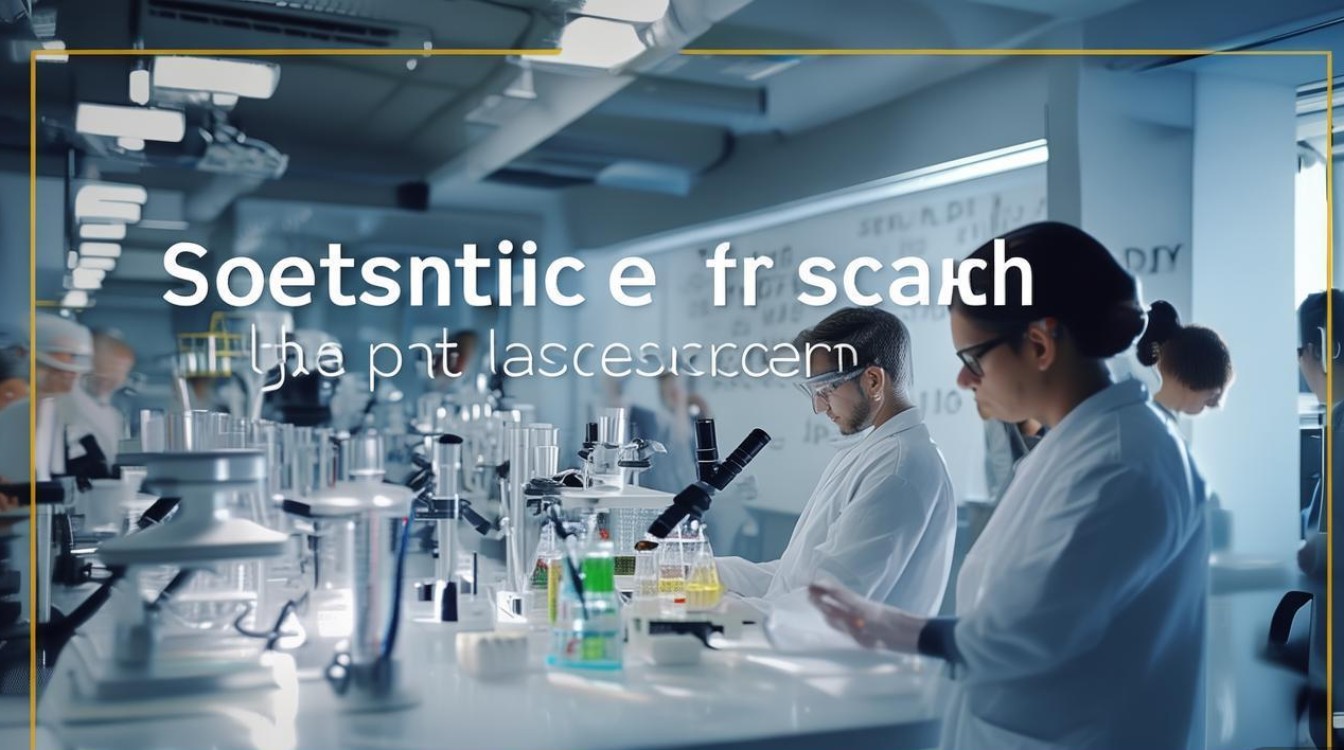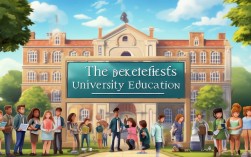下面我将为你全面解析雅思作文中的“科学研究”主题,包括:

- 核心词汇与短语
- 常见题目类型与思路分析
- 高分范文与解析
- 备考建议
核心词汇与短语
掌握这些词汇是写出高质量文章的基础。
A. 科学研究本身
- Scientific research / Scientific inquiry: 科学研究
- To conduct / carry out / undertake research: 进行研究
- Breakthrough / groundbreaking research: 开创性的/突破性的研究
- Empirical evidence / data: 经验证据/数据
- Hypothesis: 假设
- Experiment / trial: 实验/试验
- Peer review: 同行评审
- To push the boundaries of knowledge: 拓展知识的边界
- To foster innovation: 促进创新
B. 资金与支持
- Government funding: 政府资助
- Public / private sector funding: 公共/私营部门资金
- To allocate resources / funding: 分配资源/资金
- Cost-effective / value for money: 有成本效益的/划算的
- Return on investment (ROI): 投资回报
C. 目的与意义
- To tackle global challenges: 应对全球性挑战 (e.g., climate change, pandemics)
- To improve the quality of life: 提高生活质量
- To drive economic growth: 推动经济增长
- To satisfy human curiosity: 满足人类的好奇心
- To lay the foundation for future technologies: 为未来的技术奠定基础
D. 伦理与风险
- Ethical dilemma / issue: 伦理困境/问题
- Ethical standards / guidelines: 伦理标准/准则
- Bioethics: 生物伦理学
- Potential risks / hazards: 潜在风险/危害
- Dual-use technology: 双用途技术 (既可用于和平目的,也可用于军事)
- Unintended consequences / side effects: 意外后果/副作用
E. 科技影响
- Technological advancement / progress: 科技进步
- Artificial Intelligence (AI) / Genetic Engineering / Cloning: 人工智能/基因工程/克隆
- To revolutionize every aspect of life: 革新生活的方方面面
- Digital divide: 数字鸿沟
- Automation and job displacement: 自动化与失业问题
常见题目类型与思路分析
雅思作文关于“科学研究”的题目通常可以分为以下几类:
政府应该资助哪些类型的科学研究?
- 题目示例:
Some people think that government funding of the arts is necessary, but others believe that money should be spent on public health and education instead. To what extent do you agree or disagree?(虽然这里说的是艺术,但逻辑完全适用于科研资金分配) 或Some people believe that governments should spend money on public services and facilities instead of on the arts. Do you agree or disagree? - 思路分析:
- 立场选择: 可以选择完全同意、完全不同意或部分同意(更推荐),部分同意的观点更辩证,也更容易展开。
- 主体段1 (支持资助基础科学/公共服务):
- 论点: 政府的首要责任是保障公民的基本福祉和公共安全。
- 论据: 医学研究(如癌症、新冠疫苗)、环境科学(如气候变化、污染治理)直接关系到公众健康和生存环境,这些研究周期长、风险高,私营企业不愿投入,必须由政府主导。
- 主体段2 (支持资助艺术/人文学科):
- 论点: 艺术和人文学科对于社会的精神健康和文化传承至关重要。
- 论据: 它们提升国民的文化素养和审美能力,促进社会和谐,并塑造国家软实力和独特身份,一个只懂物质而忽视精神的社会是残缺的。
- 重申观点,认为资金分配应寻求平衡,既要解决紧迫的民生问题,也要投资于长远的文化和精神建设。
科学研究的利弊
- 题目示例:
Many scientific researches are carried out on animals. Some people think it is cruel and unnecessary, while others believe it is necessary for the development of science. Discuss both views and give your own opinion. - 思路分析:
- 概述背景,点明这是一个存在争议的话题。
- 主体段1 (支持方观点 - 必要性):
- 论点: 动物实验在医学和生物学研究中至今仍不可或缺。
- 论据: 许多重大突破,如疫苗、抗生素、手术技术,都依赖于动物实验,在人体试验前,动物模型是检验药物安全性和有效性的必要步骤,这能保护人类志愿者免受伤害。
- 主体段2 (反对方观点 - 残酷且不必要):
- 论点: 动物实验在伦理上是不可接受的,并且已有更好的替代方案。
- 论据: 动物也有感知痛苦的能力,强迫它们参与实验是残忍的,现代科技,如计算机模拟、器官芯片、类器官技术,已经可以部分甚至完全替代动物实验,结果更精确,也更人道。
- 给出自己的观点,可以认为,尽管动物实验有历史贡献,但在伦理和科技进步的今天,应逐步淘汰并大力投资于替代技术,实现科学与人道的统一。
科技发展的社会影响
- 题目示例:
The development of artificial intelligence will have a more positive impact on society than the negative impact. To what extent do you agree or disagree? - 思路分析:
- 立场选择: 同样,选择部分同意(更稳妥)或完全同意/不同意,部分同意可以分别讨论积极和消极影响,然后给出一个平衡的结论。
- 主体段1 (积极影响):
- 论点: AI极大地提高了生产效率,并解决了复杂问题。
- 论据: 在医疗领域,AI辅助诊断能提高准确率;在交通领域,自动驾驶有望减少事故;在工业领域,自动化能优化生产流程,降低成本,这都将推动社会进步。
- 主体段2 (消极影响):
- 论点: AI的发展也带来了严峻的挑战,尤其是在就业和社会结构方面。
- 论据: 大量重复性工作(如数据录入、客服)将被取代,导致结构性失业,算法偏见可能导致社会不公,数据隐私和安全问题也日益突出。
- 重申观点,AI是一把双刃剑,其最终影响取决于人类如何引导和监管,我们应最大化其益处,同时通过教育和政策制定来缓解其负面影响。
高分范文与解析
Some people believe that the government should spend money on public services and facilities, while others think that money should be spent on the arts. Discuss both views and give your opinion.
范文
In an era of limited public budgets, a perennial debate arises over whether government expenditure should prioritize public services such as healthcare and infrastructure, or be directed towards the arts. While I concede that funding for public services is fundamental to a functioning society, I firmly believe that a balanced approach, which also includes investment in the arts, is essential for a nation's holistic development.
On the one hand, there is a compelling argument for allocating a significant portion of the budget to public services and facilities. These are the bedrock of a stable and healthy society. For instance, robust healthcare systems and well-maintained public infrastructure directly impact the quality of life for every citizen. Without adequate funding for hospitals, roads, and schools, a nation's social fabric can quickly unravel, leading to widespread dissatisfaction and a decline in public welfare. From a utilitarian perspective, addressing these immediate and tangible needs often yields the most direct and measurable benefits for the population.
On the other hand, to dismiss the arts as a mere luxury is to overlook their profound and multifaceted contributions. Firstly, the arts serve as a vital conduit for cultural expression and preservation. Museums, theaters, and public art installations not only entertain but also educate citizens about their heritage and foster a sense of national identity. Secondly, engagement with the arts has been shown to have significant positive effects on mental health and community cohesion. In an increasingly digital and fragmented world, art galleries, music, and literature provide spaces for human connection and emotional well-being, which are just as crucial as physical health.
In my opinion, the dichotomy between funding public services and the arts is a false one. A truly advanced and prosperous nation is not merely one with efficient hospitals and high-speed trains,











